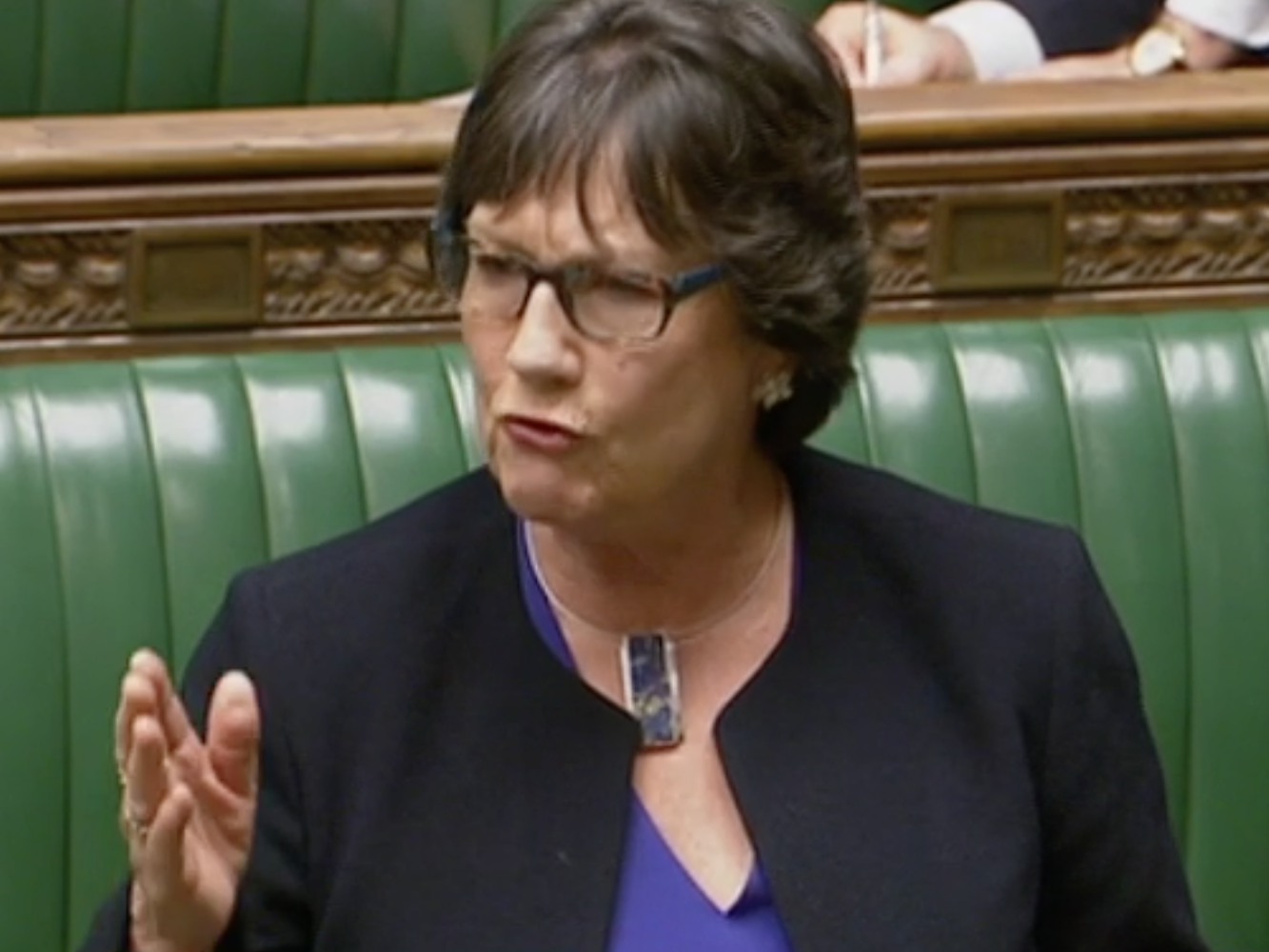Raising the marrying age poses a problem for lowering the voting age
The argument for votes at 16 will now have to be made on the grounds that it is not the same as serving in the armed forces, paying taxes or tying the knot, writes John Rentoul


Congratulations to Pauline Latham, the Conservative who is likely to join the club of MPs who have changed the law from outside government. Her private member’s bill passed its first hurdle on Friday. It proposes to raise the minimum age for marriage (and civil partnership) from 16 to 18 and because it has government support it is likely to become law.
The measure is designed to put an end to forced child marriages. It has long been the case that marriage is lawful at 16 with parental consent, but that has left the problem of when consent actually means parental pressure.
There was a mood of unusual consensus in the Commons on Friday because the measure is also supported by the Labour Party. I think this raises an interesting question. It makes Labour’s support for reducing the voting age to 16 even more of an anomaly.
The argument for votes at 16 used to be that 16-year-olds could do all sorts of things that 18-year-olds can do. But one by one these have gone. You can no longer serve in a combat role in the armed forces at 16; you can still pay income tax, but it is becoming rarer as the system is geared towards ensuring education and training for all up to at least 18; and soon you won’t be allowed to marry, even with your parents’ permission.
In all sorts of things – fireworks, cigarettes, lottery tickets, scratchcards – the trend has been to raise the minimum age.
Of course, voting is a different aspect of citizenship and responsibility. But that means the argument for reducing the voting age has to be made on the grounds that it is different, not the same – that it is not the same as fighting for your country, paying taxes or getting married.
Increasingly, the advocates of lowering the voting age are switching from old arguments to new ones about young people having more of a stake in their future. David Runciman, the political theorist, argued the other day for the voting age to be reduced to six, and deployed this kind of argument. I’m not convinced, and I continue to think that 18 is the right age, precisely because I don’t think there is a strong argument for treating voting differently.
I admit I used not to feel strongly about it until the Scottish National Party extended the franchise for the 2014 referendum to the 16-17 age group in a blatant attempt to fix the rules in its favour. That was so outrageous and undemocratic that it will take a lot to persuade me that votes at 16 is a good idea.
Yours,
John Rentoul
Chief political commentator



Join our commenting forum
Join thought-provoking conversations, follow other Independent readers and see their replies
0Comments